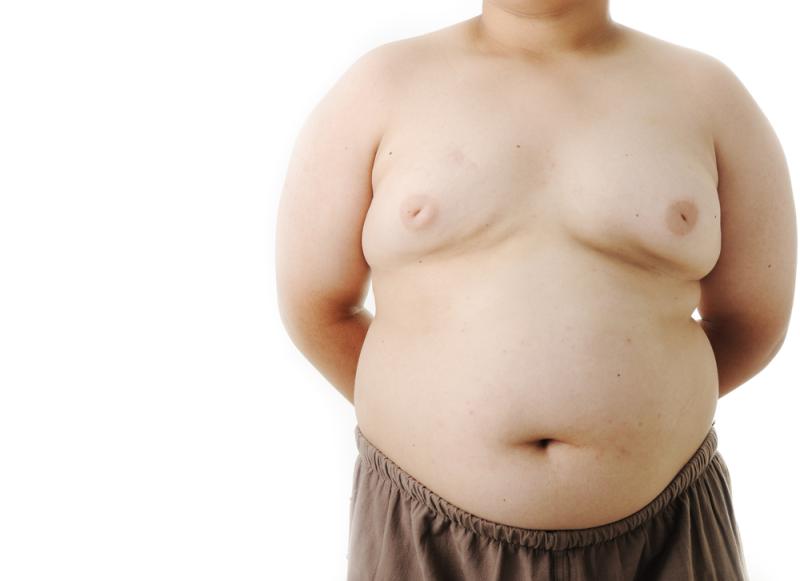
Serum bilirubin levels are inversely correlated with the risk of obesity in children, without increasing the likelihood of reduced IQ, a recent study has found.
The study included 28,489 infants, in whom serum bilirubin concentrations were measured using direct spectrophotometry or the diazo method. Measurements were collected as close to 48 hours as possible. Study outcomes were obesity and low IQ (<70) at 7 years of age.
A total of 2,406 participants were determined to have obesity, resulting an overall incidence rate of 8.45 percent.
Compared with infants who had total serum bilirubin (TSB) levels <3 mg/dL, the risk of obesity at age 7 years was lower in those with concentrations 3–6 mg/dL (adjusted odds ratio [OR], 0.91, 95 percent CI, 0.81–1.02), 6–9 mg/dL (adjusted OR, 0.88, 0.78–0.99) and 9–13 mg/dL (adjusted OR, 0.83, 0.71–0.98). This was untrue for those with TSB ≥13 mg/dL (adjusted OR, 1.04, 0.85–1.27).
Stratified analysis found that the concentrations of unconjugated bilirubin (UCB) shared a similar relationship with obesity risk. Relative to those with UCB <3 mg/dL, the risk of obesity at age 7 years was reduced in those with 3–6 mg/dL (adjusted OR, 0.93, 0.80–1.09), 6–9 mg/dL (adjusted OR, 0.86, 0.75–1.00) and 9–12 mg/dL (adjusted OR, 0.85, 0.73–0.99) UCB.
In contrast, levels of conjugated serum bilirubin showed a direct correlation with the likelihood of obesity, such that rising concentrations corresponded with increasing risks.
Moreover, higher TSB levels tended to increase the risk of low IQ at age 7 years, though none of the correlations achieved statistical significance. “Our findings may shed some light on investigations and interventions regarding the role of bilirubin in the prevention and treatment of obesity or obesity-related diseases,” said researchers.